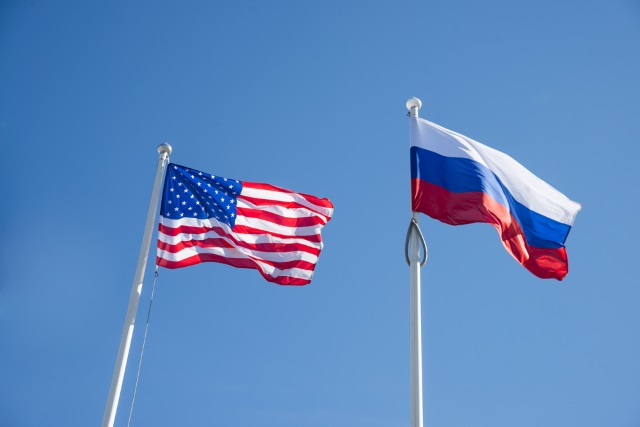
Warning issued: Russia tried to hack election systems in at least 21 US states and was successful in some
Russian hackers successfully compromised election systems in some states during the 2016 election. There have long been suggestions that Russia tried to influence the outcome of the Trump vs Clinton election, and now the Department of Homeland Security has informed 21 states that their systems were targeted.
This means that the DHS has concerns about almost half of the states of America, but so far only Illinois has been confirmed as having been successfully compromised.
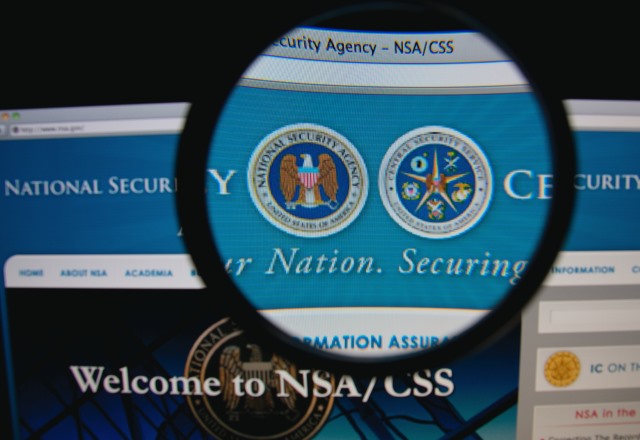
Reality Winner arrested following NSA leaks pointing to attempted Russian hacking of US election
New evidence has emerged detailing Russia's attempts to interfere in the 2016 US election. A leaked, top secret NSA report shared by the Intercept reveals that Russian intelligence agencies hacked the manufacturer of US voting systems.
The Intercept says that the authenticity of the documents has been independently verified, and they show a concerted Russian effort to sway the result of the battle between Trump and Clinton. Following the leak, a government contractor called Reality Leigh Winner has been arrested for allegedly removing classified material from a government facility in Georgia.
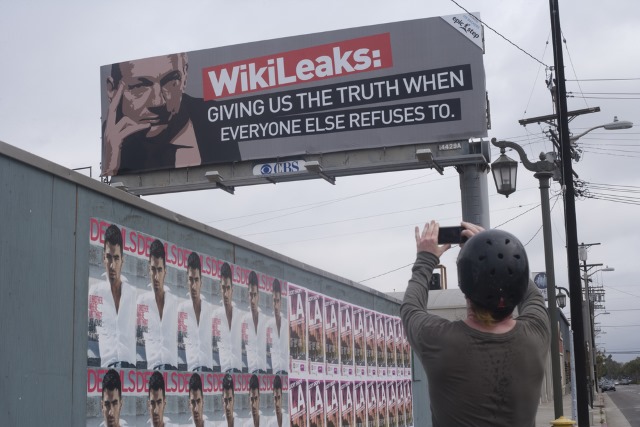
WikiLeaks: 2017 will 'blow you away' and, no, Russia did not hack the US election
The hatred WikiLeaks founder Julian Assange feels towards Hillary Clinton is far from being a secret. During the election campaign, the non-profit organization leaked Clinton emails in the hope that it would destroy her presidential hopes -- and we all know the result of the election.
As we slide gently into 2017, the WikiLeaks Twitter account has turned on the ignition and is about to hit the accelerator. The tweet says: "If you thought 2016 was a big WikiLeaks year 2017 will blow you away". On top of this, Assange himself is due to appear in an interview with Fox News' Sean Hannity, denying Russia's involvement in hacking DNC emails.
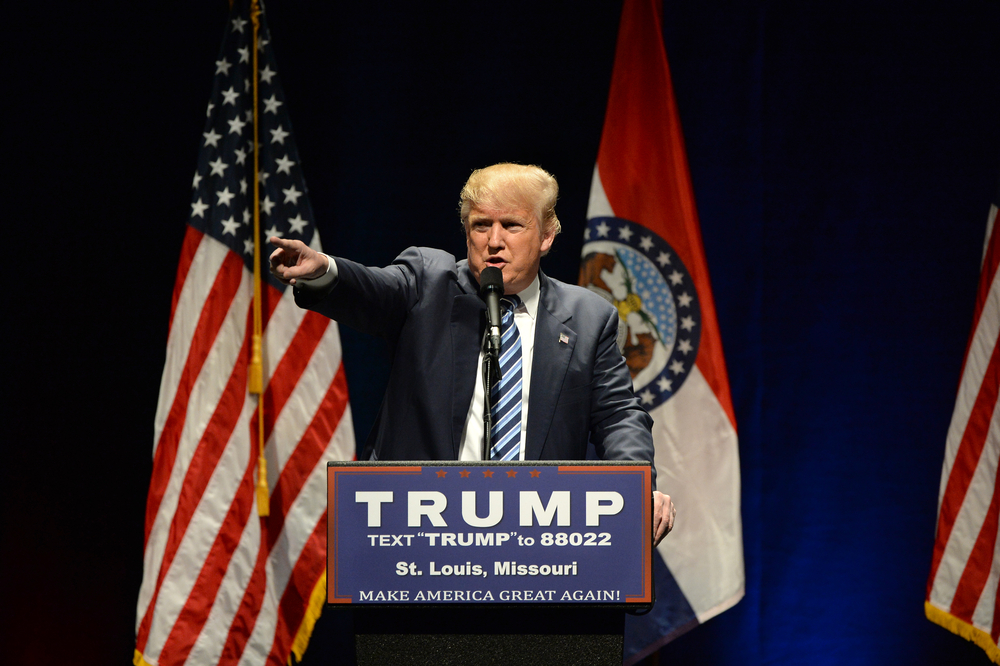
Did Trump's tech meeting snub Twitter for lack of #CrookedHillary emoji?
At a meeting in Trump Tower, the president-elect brought together leaders from the world of technology, telling them: "We’re going to make it a lot easier for you to trade across borders".
But while Donald Trump was quick to lavish praise upon the likes of Jeff Bezos, Peter Thiel and Tim Cook, Jack Dorsey (or, indeed, any representative of Twitter) was notable by his absence. The official story is that "the conference table was only so big", but there are reports that Trump is still riled by Twitter's unwillingness to create an anti-Clinton emoji to tie in with his #CrookedHillary election campaign.

Could alt-right account bans spell the end of Twitter?
Abuse and trolling has been a serious problem for Twitter for some time and continues to be so. Various measures have been introduced to help with the issues, but now the site is going down a more drastic route, banning prominent alt-right accounts.
This is not something that is entirely new; earlier in the year Breitbart's Milo Yiannopoulos (also known as @Nero) was permanently banned from Twitter. In the wake of Donald Trump's astonishing rise to presidency, the alt-right movement has enjoyed a major boost. The question is, does Twitter risk cutting off too many of its users if it continues its alt-right cull?
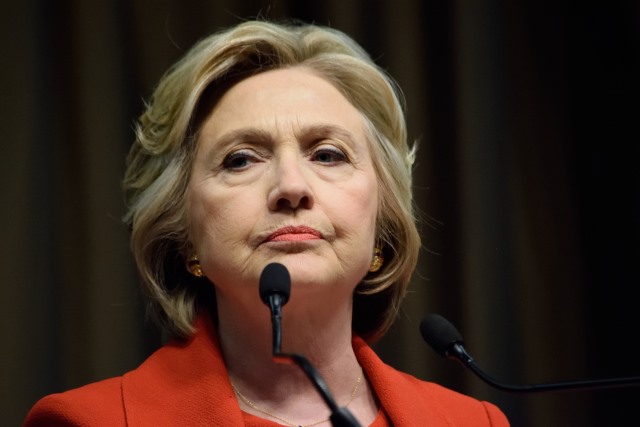
Hillary Clinton blames FBI email investigation for her election loss to Donald Trump
Donald Trump said in no uncertain terms that he believed the US election was rigged. If he had lost, he would have almost certainly contested the result, making claims of vote influencing, media bias and who knows what else.
But the reality is that Trump won, and this means that it is Hillary Clinton who is left pointing the finger of blame for losing. Unsurprisingly, it's the FBI that finds itself named as being responsible, with Clinton referring to letters from FBI director James Comey relating to the investigation into her use of a personal email server as the reason for her loss.
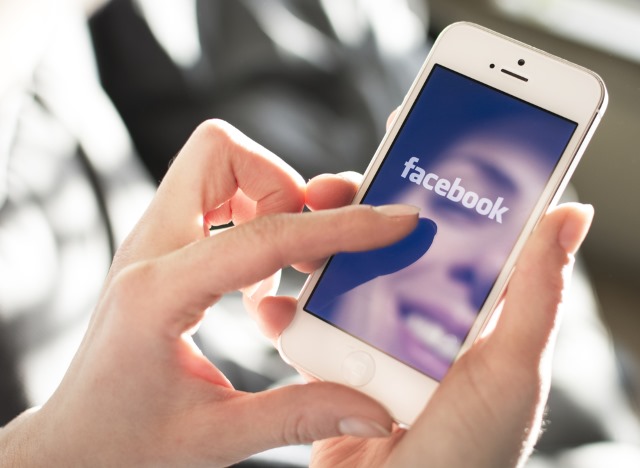
Mark Zuckerberg denies Facebook influenced the US election, and vows to tackle fake news
In the wake of the election of Donald Trump as Barack Obama's successor as president of America, Mark Zuckerberg has spoken out to deny claims that Facebook in any way influenced the result of the US election.
Criticism of Facebook has taken various forms. One of the key complaints is that its news algorithms serve to create an echo chamber, exaggerating the already-present confirmation bias effect. But there are also concerns that fake news is a serious problem on the platform.

WTF?! Twitter saw a significant rise in swearing following Trump's win in US election
If you spend a lot of time on social networks like Facebook and Twitter, you probably thought Hillary Clinton was a shoo-in for president, and that Donald Trump had next to no chance of beating her.
As my colleague Ian Barker explains, social networks can create something of a bubble, that pops when the real world intrudes, as it did in both Brexit and the US election.
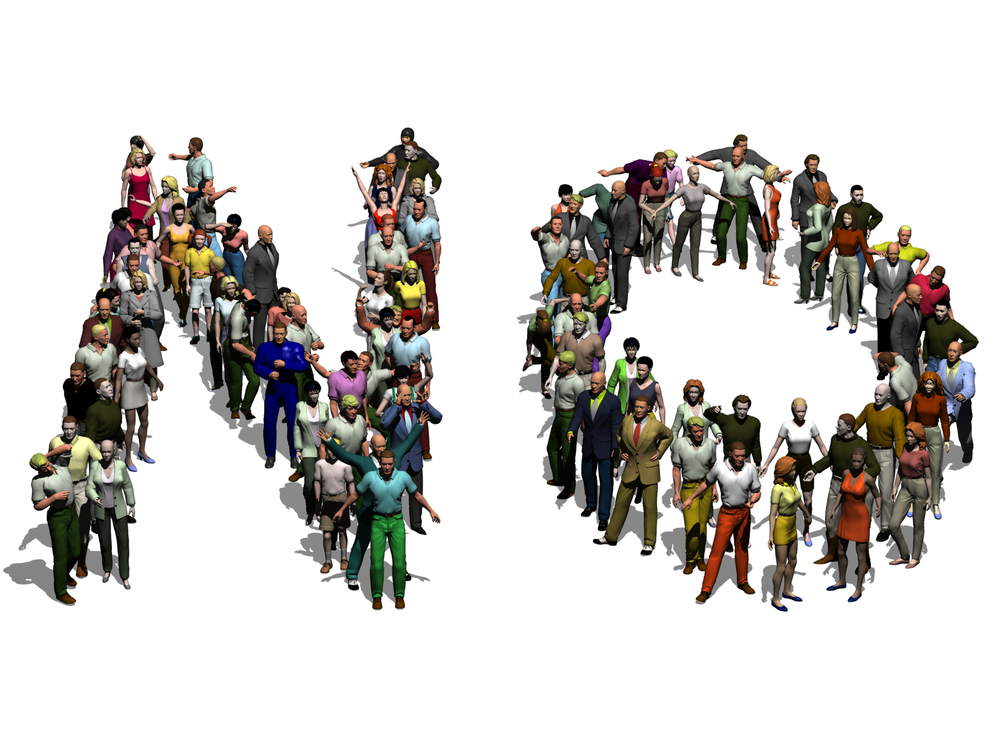
How social media bubbles are driving political anger
How could Donald Trump be elected president? Judging by Facebook and Twitter a lot of people are asking that question this week. The same thing happened in the UK back in June when many people struggled to understand how the country could have voted for Brexit.
When everyone you're friends with online reinforces your world view it's easy to convince yourself that most of the world thinks as you do. It comes as a bit of an awakening therefore to discover it isn't the case and that -- shock! -- there may be people who vote that aren't even on social media at all.

Hillary Clinton will definitely be president, according to Microsoft
The polls have shown a narrowing gap between Donald Trump and Hillary Clinton in the race for the White House recently. After what seems like forever, in less than 24 hours we will finally find out who the next president of the United States will be.
There have been plenty of predictions made in the past month alone. An AI with a history of correctly predicting election winners claimed that Trump would take it, while Tinder -- yes, Tinder! -- predicted victory for Clinton, something Microsoft’s Bing Predicts agreed with.

The case for Trump: Why Donald bests Hillary on key tech policies
Solely based on media coverage, you'd think that all of Silicon Valley and the tech world at large was undoubtedly behind Clinton in this critical election. But as has been reported in muted fashion by a few outlets, there is such a thing as the "silent majority" which is going to surprise many this election. I'm confident that polls are having a hard time capturing the factor that quantifies this part of the electorate which isn't being vocal about its Election Day preferences, but will deliver a decisive blow come Tues Nov 8.
Those in the tech industry publicly supporting Trump are far and few in between. And it's not entirely surprising. With the amount of undue heat that Peter Thiel, a gay conservative who co-founded PayPal, is receiving, it's not shocking to see many staying mum about their preferences. But with such an important election at stake, and with candidates who I see as having vastly different consequences for America, sitting idle and staying silent is perhaps a worse reality than risking standing on the losing side of Election 2016 history.
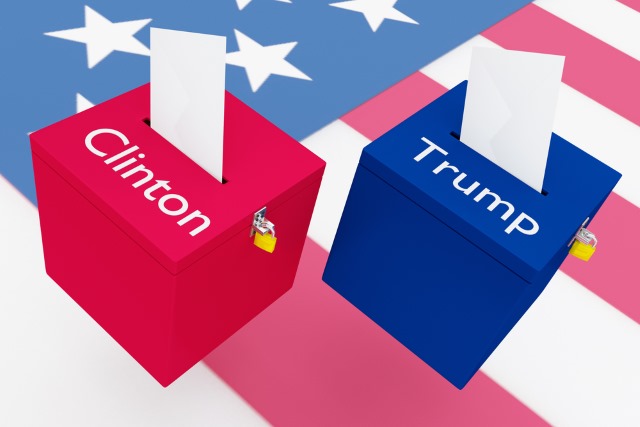
FBI says Clinton emails show no signs of wrong-doing, but Trump has his doubts
Just over a week after the FBI announced it was re-opening the investigation into Hillary Clinton's emails, bureau director James Comey has announced that the previous investigatory conclusion of no wrong-doing remains.
Looking at a new batch of emails that were discovered during a separate investigation has "not changed our conclusion", he said. But while the Clinton camp welcomed the news, Donald Trump was more suspicious. "You can’t review 650,000 emails in eight days," he said.

Need personalized #Election2016 voting information? Direct message @Gov on Twitter
November 8, 2016 is Election Day, and I am excited. While neither of the two major presidential candidates are exceptional in my eyes, I have decided on one of them. It is my responsibility and duty as an American to vote, and when I cast my ballot for her/him, I will do so proudly -- not holding my nose as I pull the lever.
If you are still undecided about choosing a candidate, or simply don't know where to go to vote, I have good news. Twitter is making it all very easy. Simply direct message the @Gov account, and you can obtain useful information. You can also use the #Election2016 hashtag when tweeting about the election.
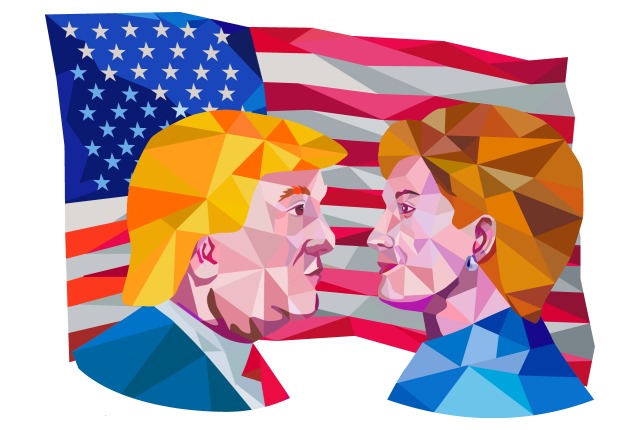
Tinder has spoken -- Hillary Clinton will beat Donald Trump
There's now just a week to go in the battle between Trump and Clinton. The race to the White House is nearly over and as revelation after revelation sways polls this way and that way, voters and pundits alike are asking: just who will win this election?
Dating app Tinder thinks it knows the answer. Working in conjunction with Rock the Vote, Tinder users were invited to Swipe the Vote to see not only who they would vote for, but also which candidate they most closely matched. Around the world -- with the exception of Russia -- Clinton came out on top.
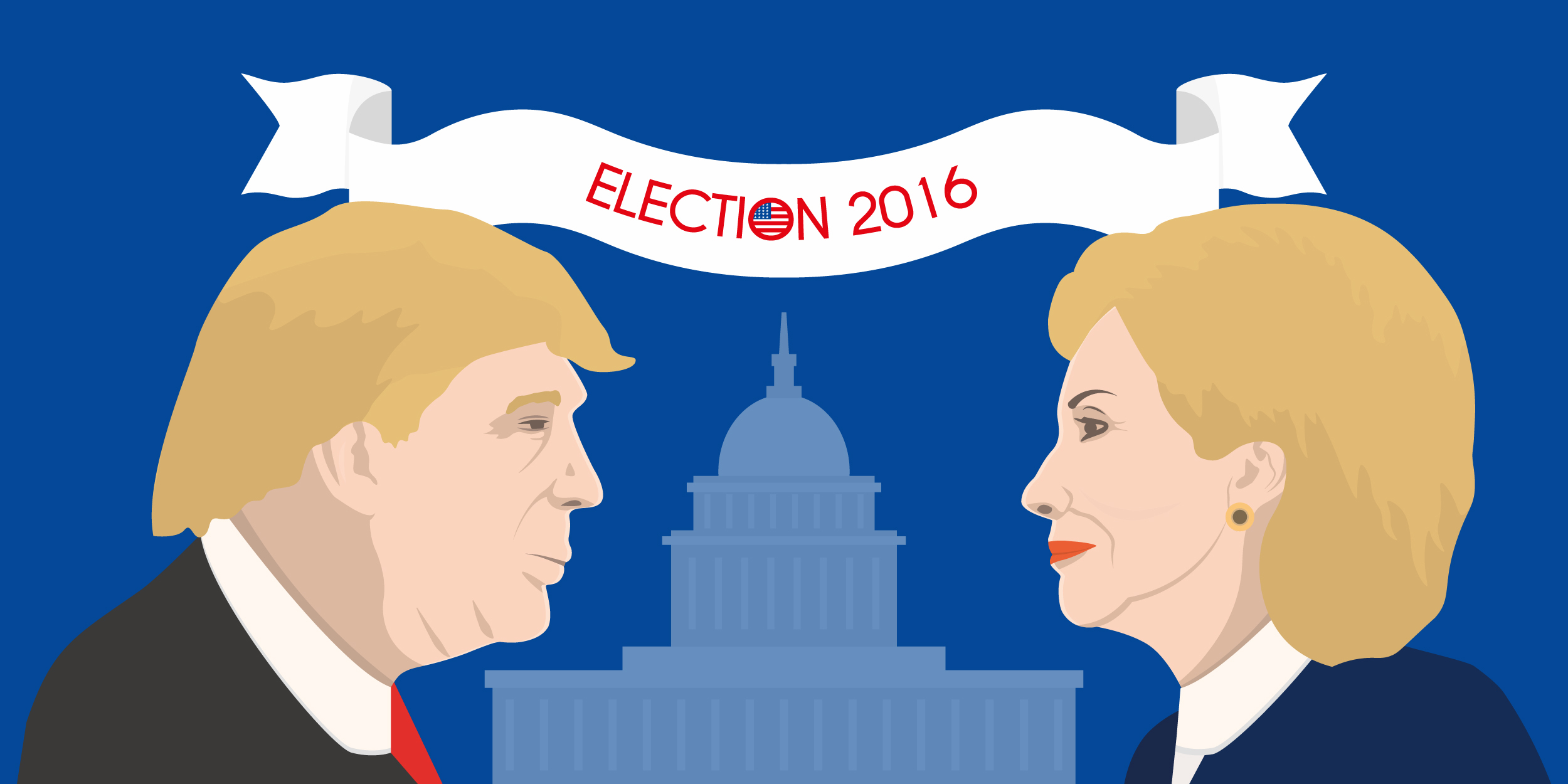
Google now alerts you to early voting for 2016 US election
As the big (or dreaded) day of November 8th draws ever closer, many states have now opened early voting. The process is pretty simple, but we've seen long lines in some locations. It's an interesting approach, given that new stories and revelations hit the news cycle on an almost daily basis.
Not every state has early voting available, and it opens on various days depending on your location. So how do you find out when and where to head to the polls?
